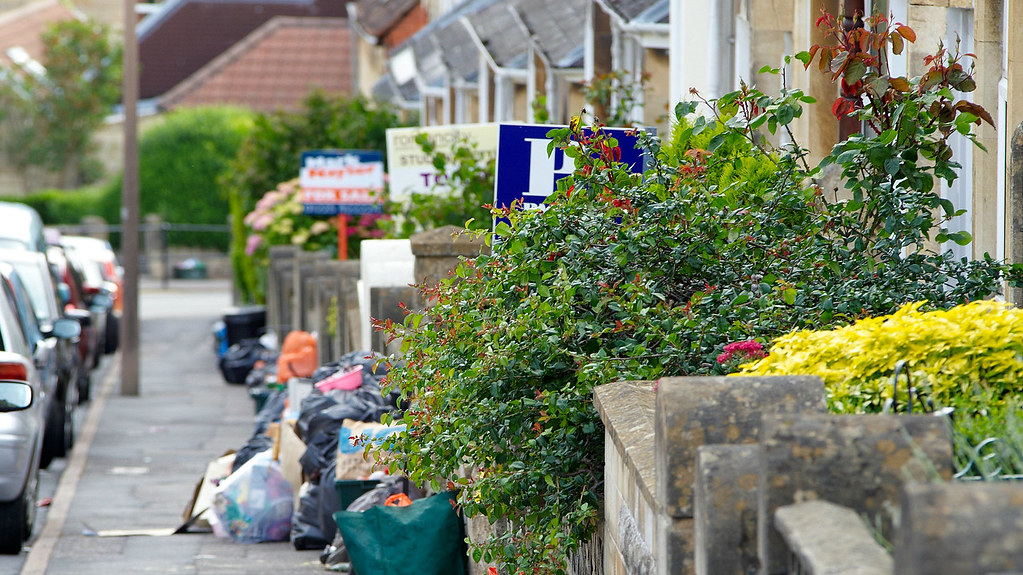This finding of a UK-wide study examining why recycling rates differ across the UK counters political and community criticisms that local authority moves to fortnightly or alternate weekly bin collections (residual waste) is purely a money-driven exercise.
Researchers used statistical analysis to examine data provided by the UK’s 434 local authorities on household waste to assess how the ‘quality of kerb-side provision’ affects household recycling rates.
Amongst other things, they discovered a direct relationship between the frequency of bin collections and recycling rates: reducing frequency improved the rates of kerb-side household recycling.
Dr Lucy O’Shea, from the Department of Economics, said: “How often we get our bins collected is a contentious issue for communities and policy-makers alike. Some policy-makers have argued that reducing bin collection is purely a move to cut costs but our research shows it is definitely a driver to improving recycling rates.
“The explanation is that less frequent bin collection is an incentive for people to increase the amount they recycle, so as to reduce the quantity of waste retained within the household over a longer time period.
“The study supports the experiences of local authorities who have already switched to lower frequency bin collection and found positive effects on recycling rates.
“We know that reduced frequency of bin collection reduces costs but now we have also shown that it can be used as an effective tool to help us meet increasingly stringent EU targets for recycling.”
The research was carried out by Dr Lucy O’Shea and Professor Shasikanta Nandeibam from our Department of Economics and Professor Andrew Abbott from the University of Hull, funded by a grant from the Economic & Social Research Council.
Entitled Examining the variation in household recycling rates across the UK, the research will be presented at an Environmental Economics Symposium to be held here on Thursday 16 June 2011.
Researchers now plan to look at different categories of recycling, such as glass and paper, and to examine the ‘warm glow’ effect that recycling gives householders, and its place in the ongoing political debate on household waste charges.
.............................................................................................................................................................................................
If you enjoyed this article you might also like:
Universities Week sees Wiltshire pupils explore science and engineering, June 2011
Tweeters needed to support Universities Week, June 2011
Students help garden share scheme come to fruition, June 2011

